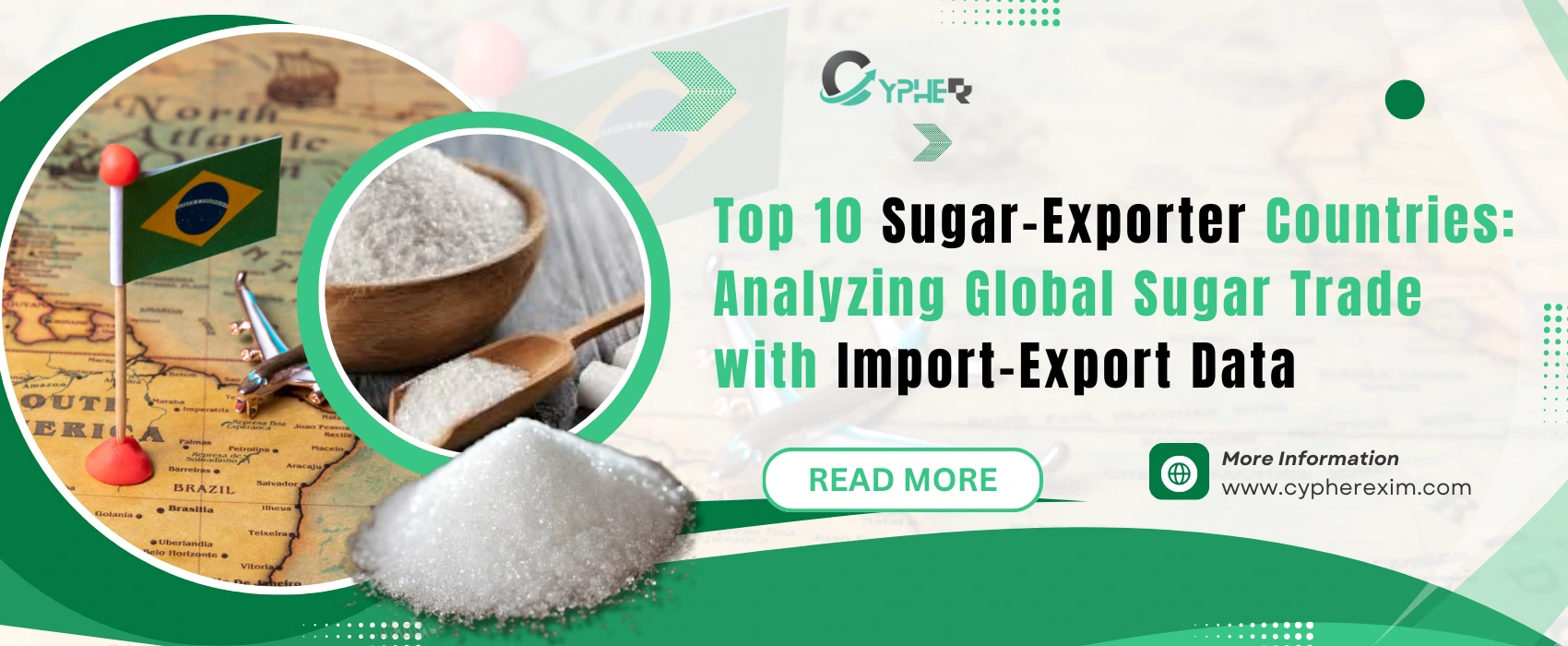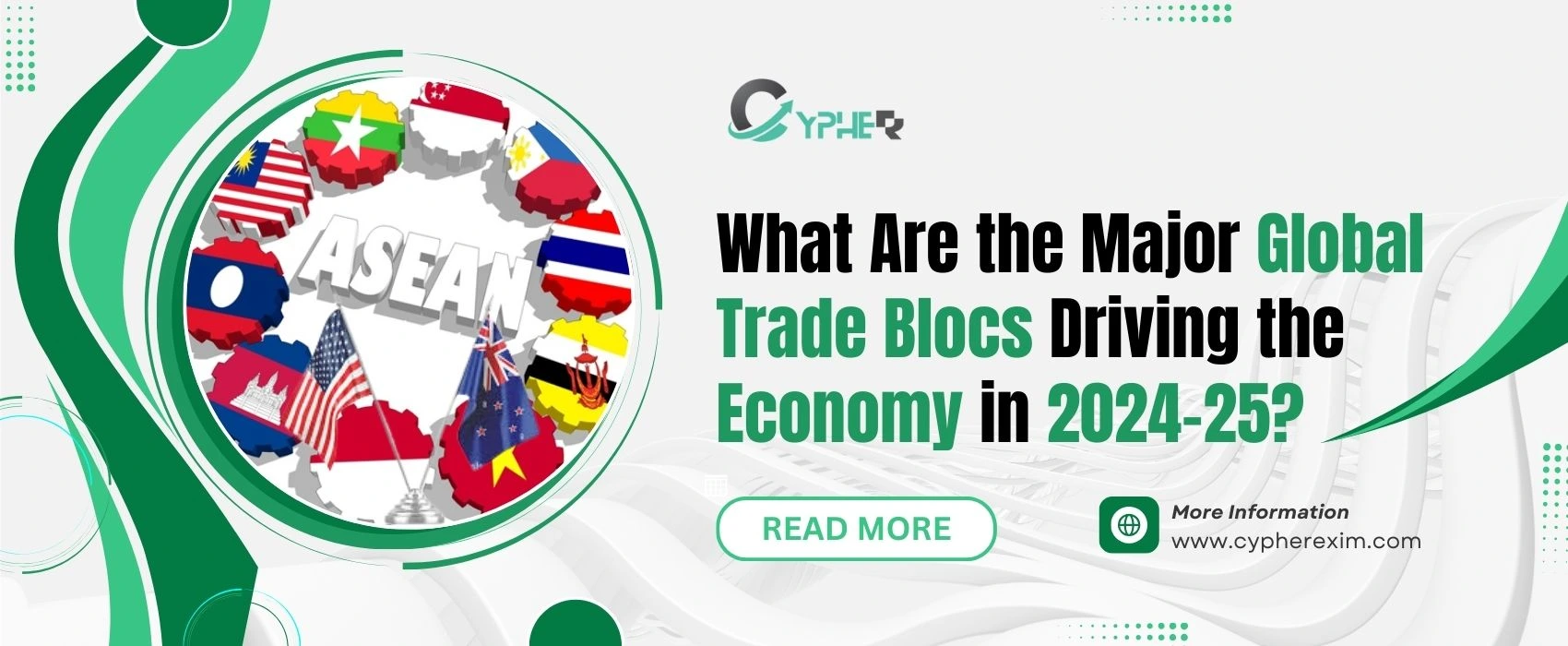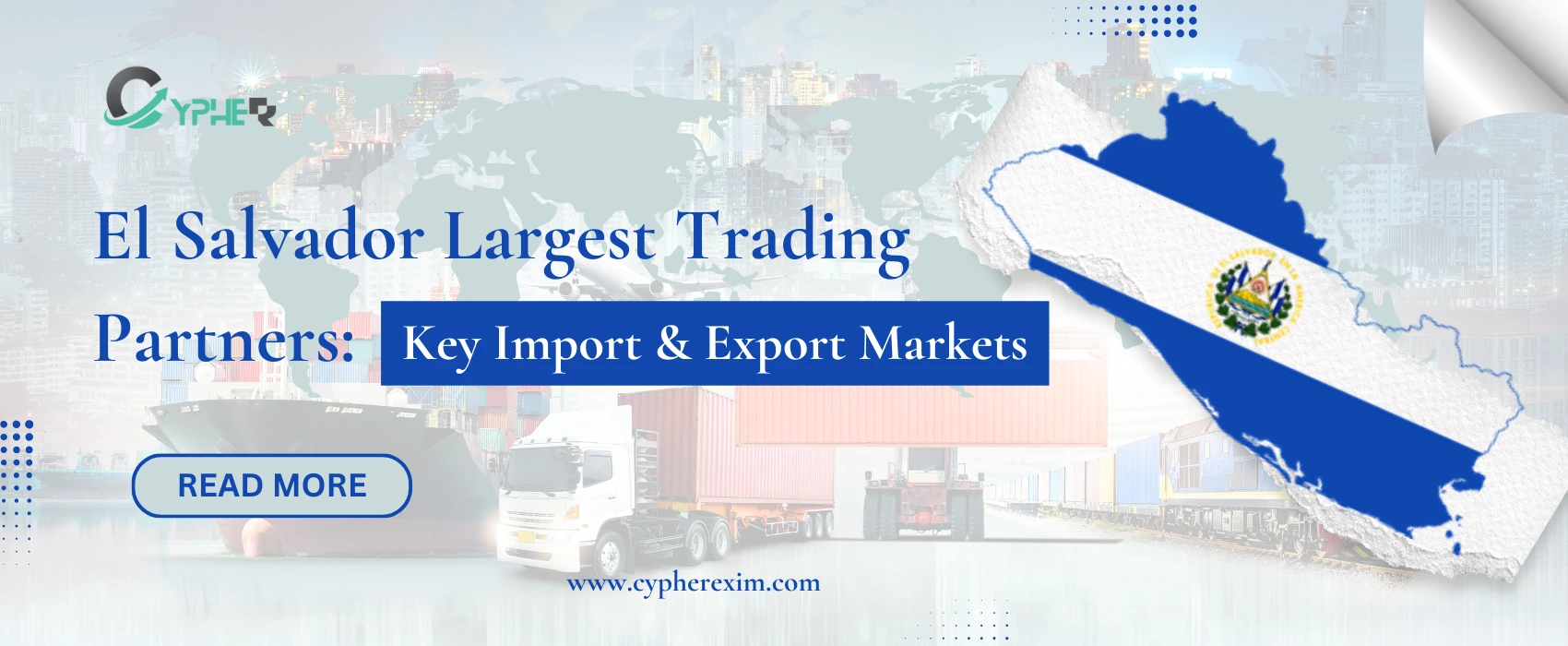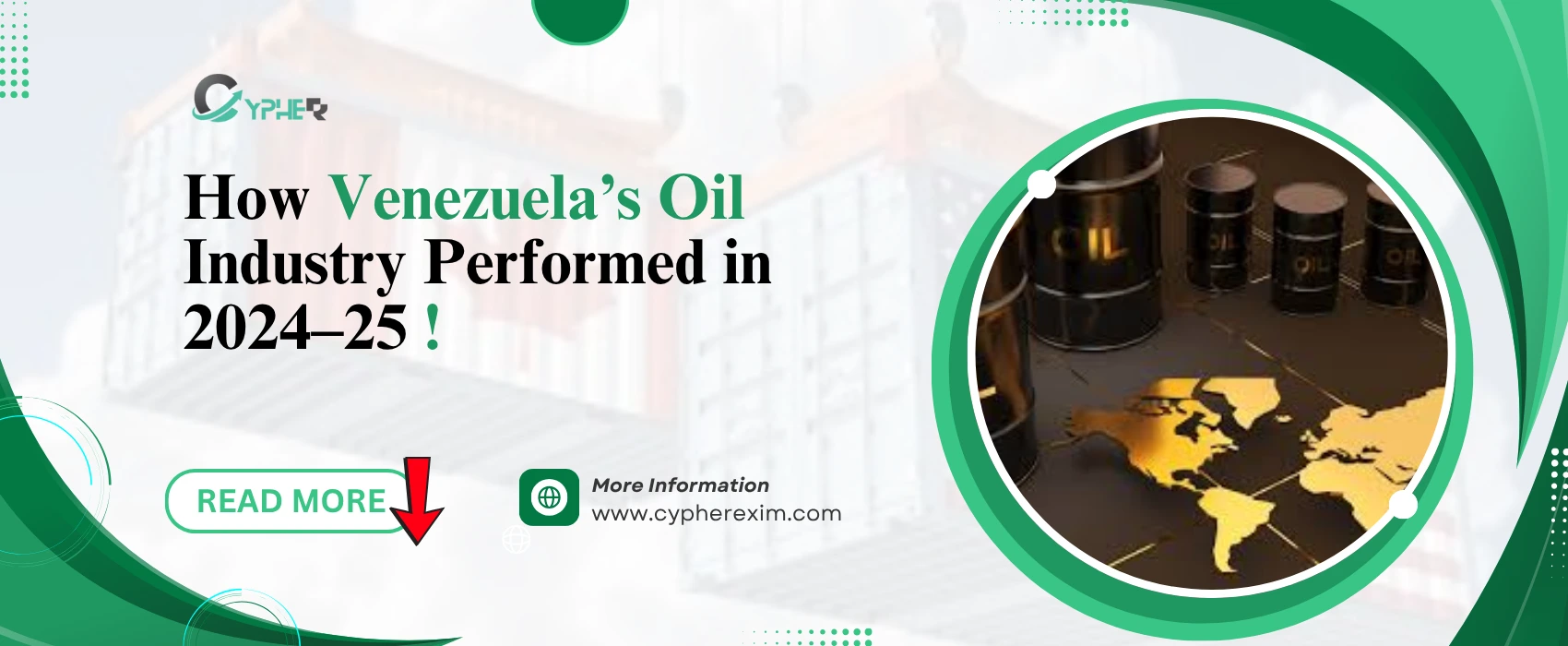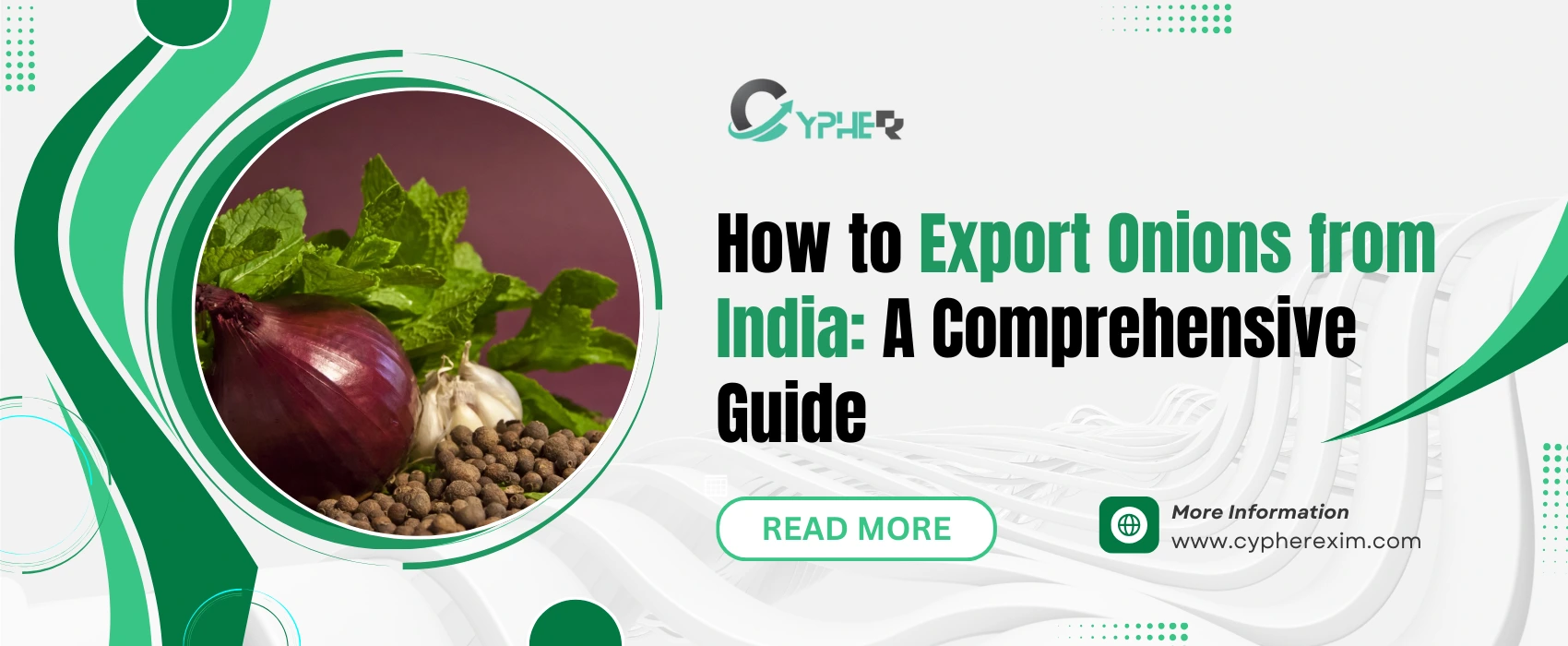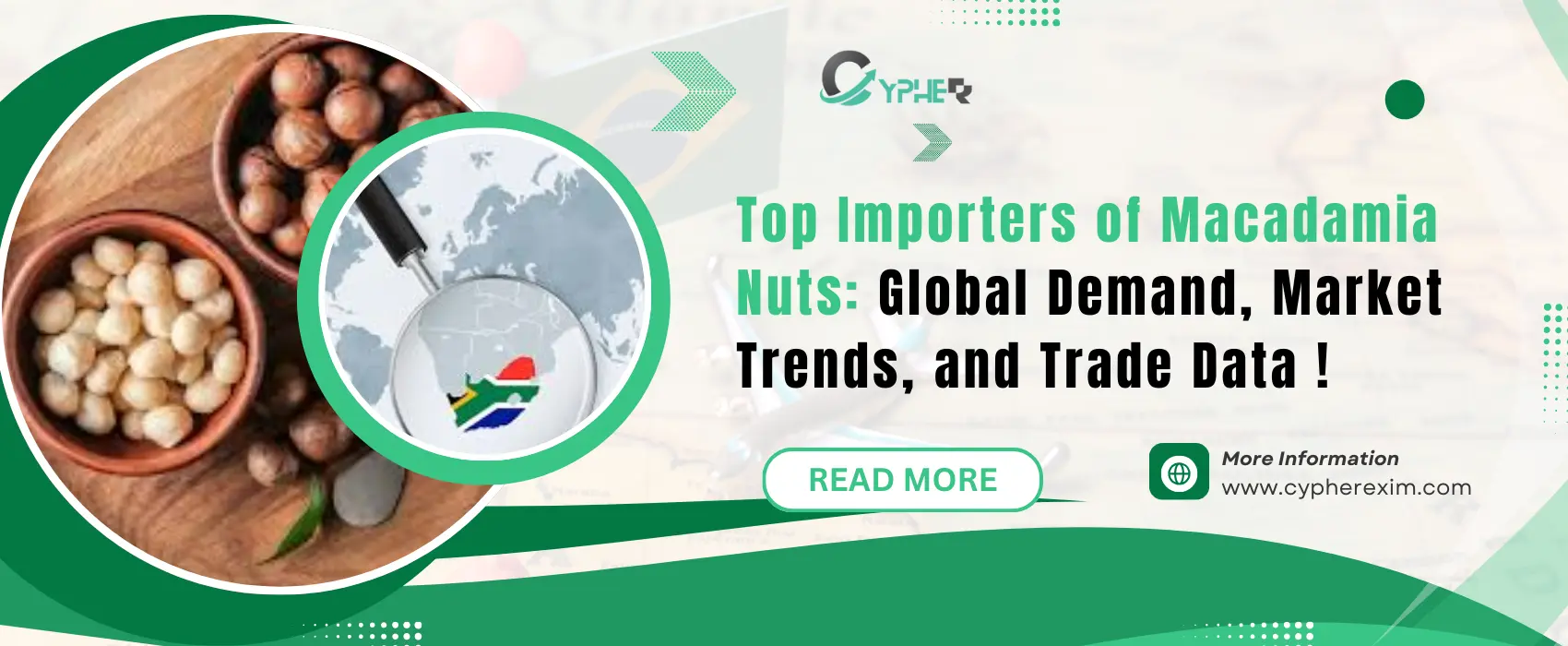Principles or Politics? Why the US & EU Trade with Russia While Questioning India
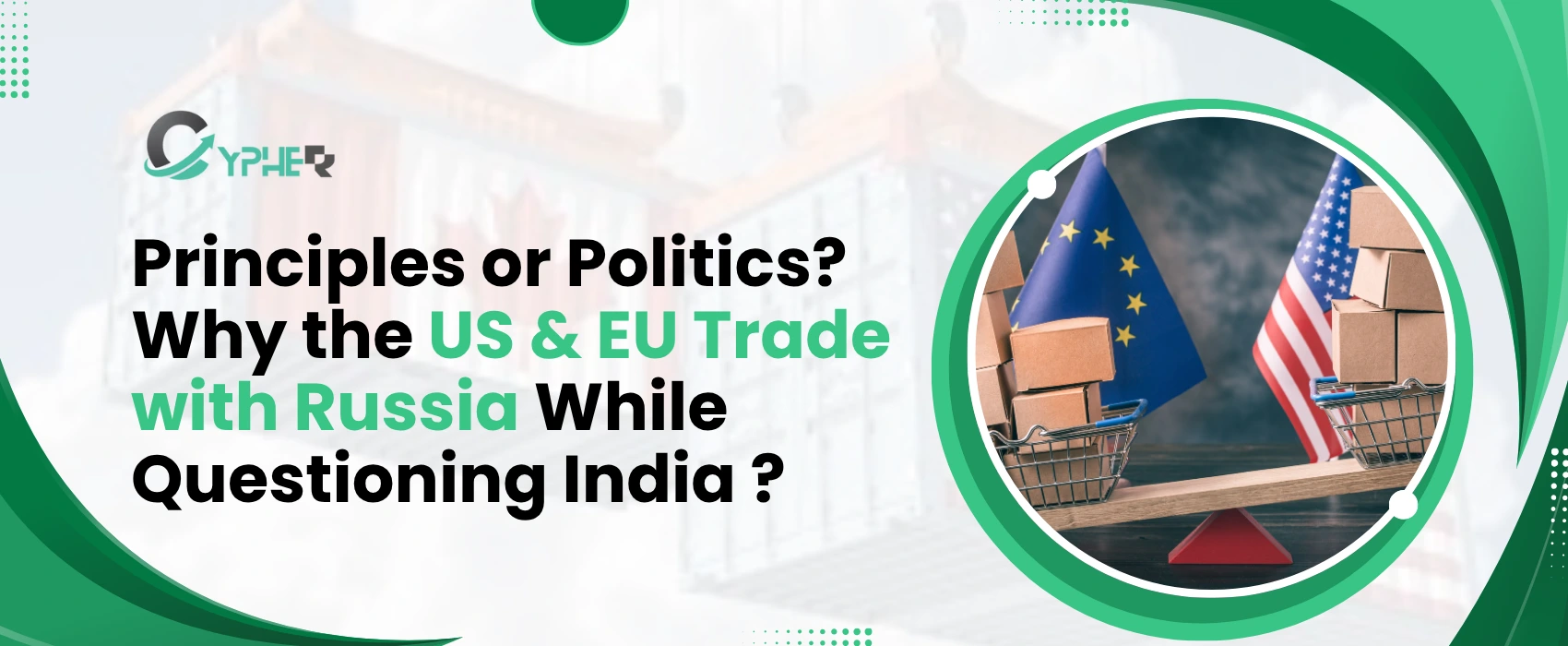
29 Oct 2025
The global stage of international trade is a complex web of economics, politics, and principles. Countries often claim to base their trade decisions on values like democracy, human rights, and global security. Yet, when we look at how the United States (US) and the European Union (EU) handle trade with Russia and India, a puzzling question arises: Why do these Western powers continue trading with Russia despite its controversial actions, while frequently questioning India’s policies and practices? This blog explores this question in simple terms, diving into the interplay of principles and politics in global trade. With a fresh perspective, we’ll uncover why trade decisions often prioritize strategic interests over stated ideals, and what this means for India.
Trade is the backbone of global economies. It connects nations, fosters growth, and ensures access to essential resources. The US and EU are major players in global trade, often presenting themselves as champions of fairness, democracy, and ethical governance. They frequently criticize countries for not aligning with these values, including India, which faces scrutiny over issues like democratic backsliding, minority rights, or environmental policies. Meanwhile, both the US and EU maintain significant trade ties with Russia, a nation often at odds with Western principles due to its geopolitical actions, such as the invasion of Ukraine and suppression of dissent. This contrast raises eyebrows. If principles guide trade, why does Russia get a pass while India faces tough questions?
Let’s start with Russia. Despite sanctions and political tensions, the US and EU have not completely cut trade ties with Russia. The reason lies in energy and strategic needs. Europe, in particular, has historically depended on Russia for natural gas and oil. Before the Ukraine conflict escalated, countries like Germany and Italy relied heavily on Russian pipelines to power their industries and heat their homes. Even after sanctions, some trade continues, often through loopholes or indirect channels like refined oil products from third countries. For instance, certain European nations import energy resources processed in countries that buy Russian crude, effectively keeping the trade alive. The US, too, has at times allowed limited trade in specific sectors, like agricultural goods or minerals, citing global supply chain stability.
Why does this happen? It’s simple: energy security and economic stability often outweigh ideological conflicts. Cutting off Russian trade entirely could cripple European economies, spike energy prices, and disrupt global markets. The EU’s dependence on Russian resources shows how practical needs can override principles. While Western leaders publicly condemn Russia’s actions, their economies quietly rely on its resources to keep running smoothly. This isn’t just about oil or gas...it’s about maintaining a delicate balance in global markets where sudden disruptions could harm millions of people.
Now, let’s turn to India. As the world’s largest democracy and a growing economic power, India is a key player in global trade. It exports pharmaceuticals, textiles, and technology services while importing energy, machinery, and raw materials. The US and EU are among India’s biggest trading partners, with billions of dollars in goods and services exchanged annually. Yet, India often faces criticism from these partners. Western media and policymakers question India’s domestic policies, from internet regulations to labor laws. They raise concerns about India’s trade practices, alleging protectionism or insufficient environmental standards. For example, the EU has pushed India to lower tariffs on European goods, while the US has challenged India’s subsidies for farmers or restrictions on foreign tech companies.
This scrutiny feels unfair to many Indians. After all, India is a democracy with a vibrant, diverse society. It holds elections involving millions of voters, maintains an independent judiciary, and fosters a free press. Unlike Russia, India hasn’t invaded another country or suppressed dissent on a similar scale. So why does India face constant questions while Russia, despite its actions, continues to enjoy trade benefits? The answer lies in a mix of politics, power dynamics, and strategic priorities.
One reason is geopolitical strategy. The US and EU see Russia as a direct rival but also a necessary partner in certain areas. During the Cold War, trade with the Soviet Union persisted despite ideological clashes because both sides needed each other to avoid economic collapse or global conflict. Today, similar logic applies. Russia’s role in global energy markets and its influence in regions like the Middle East make it a country the West cannot fully isolate without causing self-harm. Engaging with Russia, even minimally, also keeps diplomatic channels open for negotiations on issues like nuclear arms or regional stability.
India, on the other hand, is not seen as a rival but as a partner with potential. The West views India as a counterweight to China, another major power with whom the US and EU have complex trade relationships. However, this partnership comes with expectations. The US and EU want India to align closely with their values and economic systems, adopting open markets, liberal policies, and Western-style governance. When India prioritizes its own interests...like protecting local industries or maintaining strategic autonomy...the West responds with criticism. It’s almost as if India is held to a higher standard because it’s expected to be a reliable ally, while Russia is treated as a known adversary whose behavior is less surprising.
Another factor is economic leverage. Russia’s trade with the West is heavily tied to commodities like oil, gas, and metals, which are critical for global industries. These resources give Russia a kind of bargaining power that India lacks. India’s exports, while valuable, are more diverse and less critical to Western economies. For instance, India’s pharmaceutical industry is a global leader, but the West can source similar goods from other countries if needed. This makes it easier for the US and EU to pressure India without risking their own economic stability. Russia, by contrast, holds a tighter grip on essential resources, making full trade bans riskier.
Cultural and historical biases also play a role. The US and EU often view India through a lens shaped by colonial history and stereotypes. India’s complex social fabric, with its diverse religions, languages, and traditions, can be misunderstood in the West. Issues like caste, communal tensions, or bureaucratic inefficiencies are highlighted in Western media, sometimes exaggerating their impact. Russia, despite its own issues, is often seen as a more familiar entity due to decades of Cold War interactions and shared European history. This familiarity makes it easier for Western nations to justify pragmatic trade deals with Russia while scrutinizing India’s every move.
Let’s not ignore the role of politics. Domestic pressures in the US and EU shape how these regions approach trade. In the US, for example, labor unions and environmental groups often push for tougher standards on trading partners like India. They argue that India’s lower labor costs or lax regulations give it an unfair advantage. In the EU, green policies are a major focus, and India’s reliance on coal or slower adoption of renewable energy becomes a point of contention. Meanwhile, Russia’s trade is less about competition and more about necessity, so it faces fewer domestic political hurdles in the West. Sanctions on Russia are often symbolic, targeting specific sectors while allowing critical trade to continue.
India’s strategic autonomy adds another layer. Unlike many countries, India avoids aligning fully with any global power. It maintains ties with both the West and Russia, a balancing act rooted in its non-aligned history. This frustrates the US and EU, who want India to be a clear partner in their geopolitical strategies, especially against China and Russia. When India buys Russian oil or abstains from UN votes condemning Russia, it draws Western criticism. Yet, the West overlooks its own continued trade with Russia, revealing a double standard. India’s independent stance is seen as a challenge to Western dominance, while Russia’s defiance is accepted as part of its adversarial role.
What does this mean for India? First, it highlights the need for India to strengthen its global narrative. The country must communicate its democratic credentials, economic contributions, and cultural diversity more effectively. Second, India should leverage its growing economic clout. As its economy expands, so does its ability to negotiate better trade terms and resist unfair pressure. Finally, India can learn from the West’s pragmatic approach. Just as the US and EU balance principles with politics in their trade with Russia, India can prioritize its own interests while engaging with the world.
The contrast between the West’s trade with Russia and its scrutiny of India reveals a truth: global trade is less about principles and more about power, strategy, and necessity. The US and EU criticize India because they see it as a partner they want to shape, while they tolerate Russia because they need its resources and influence. For India, this is both a challenge and an opportunity. By understanding these dynamics, India can navigate the global stage with confidence, turning scrutiny into strength and building a future where its voice carries equal weight.
In conclusion, the question of principles versus politics in trade is not new. It’s a reminder that nations act in self-interest, even when claiming universal values. For India, the path forward is clear: leverage its Import and Export Data Bank, embrace its unique identity, strengthen economic and diplomatic power, and engage the world on its own terms. The US and EU may question India today, but as India rises, it will redefine global trade—proving that principles and politics can coexist when a nation knows its worth
